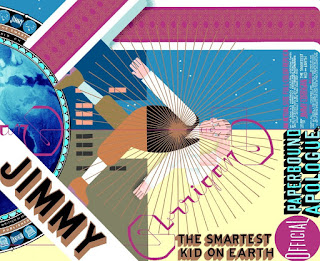Reading Notes: The Giant Crab and Other Tales from Old India, Part A
The jataka tale that I enjoyed the most from this collection, from the set which was assigned for part A, was "The Dishonest Friend." There are a few reasons I liked this story in particular. First, however, a quick summary:
A man asks his friend to watch his plough while he went away, and his friend acted decidedly un-friendly when he sold the plow and pocketed the money, cheating the man. When the man returned, the friend told him that a very large rat ate the plow. The man went along with this explanation, despite knowing it was false. He then took his friend's son for a walk and hid him at another person's house. The man told his friend that a hawk had swooped down and taken his son. When the friend took the man to court for murder, the man mentions that if a rat can eat a plow, a hawk can carry off a boy. The judge notices the trickery of the man, and tells the friend to find the plow in order to get his son back. The story ends with a moral that lying is bad.
This story resonated with me for a couple of reasons. First, this sounded like the Biblical story of the talents, which a master had entrusted with his servants. The same sort of moral, about being responsible with things which are entrusted to you, is in that story. Second, I, like many people, have had friends who act like the friend in the story, and I have had to either confront them or devise a similar plan to expose their dishonesty.
The friend, caught in the lie, his conscience out of reach. Source.
Bibliography: Rouse, W. H. D. The Giant Crab and Other Tales from Old India.


Comments
Post a Comment